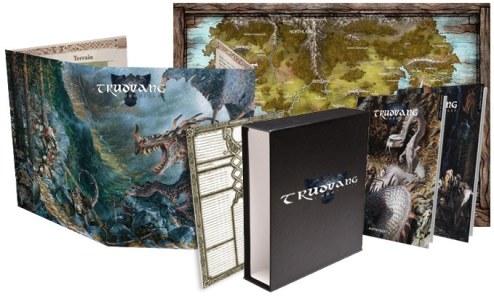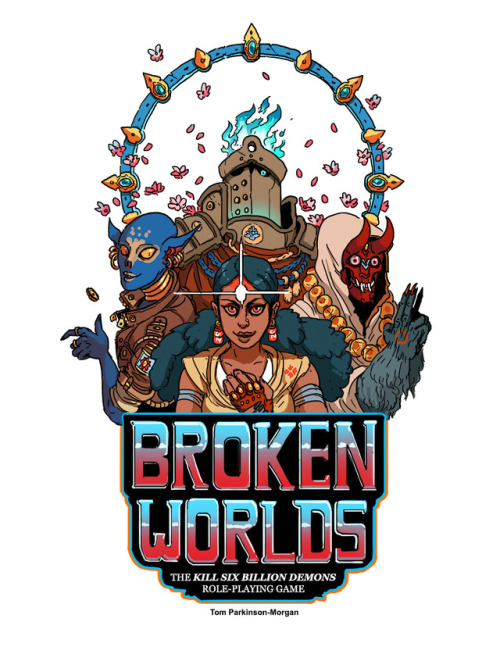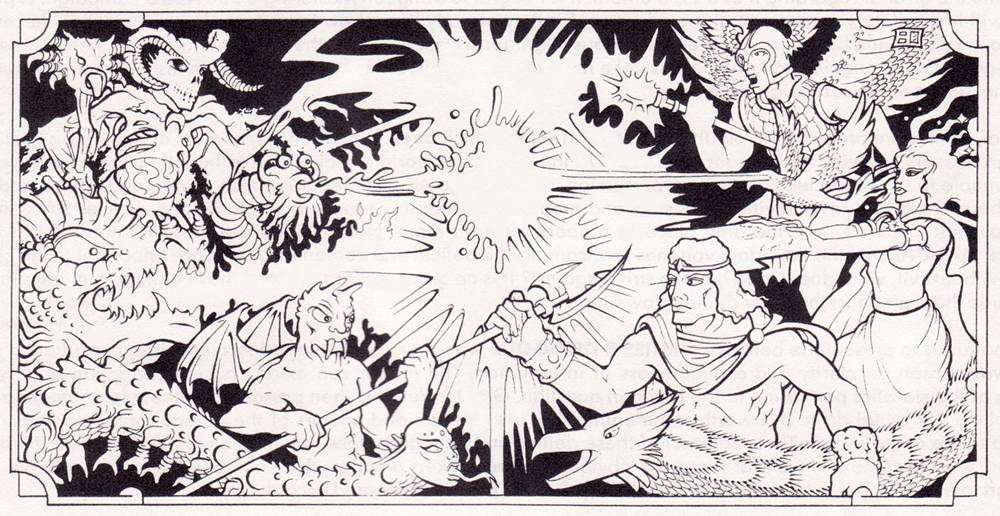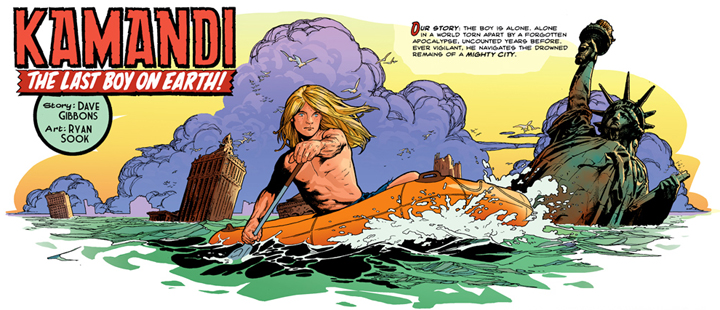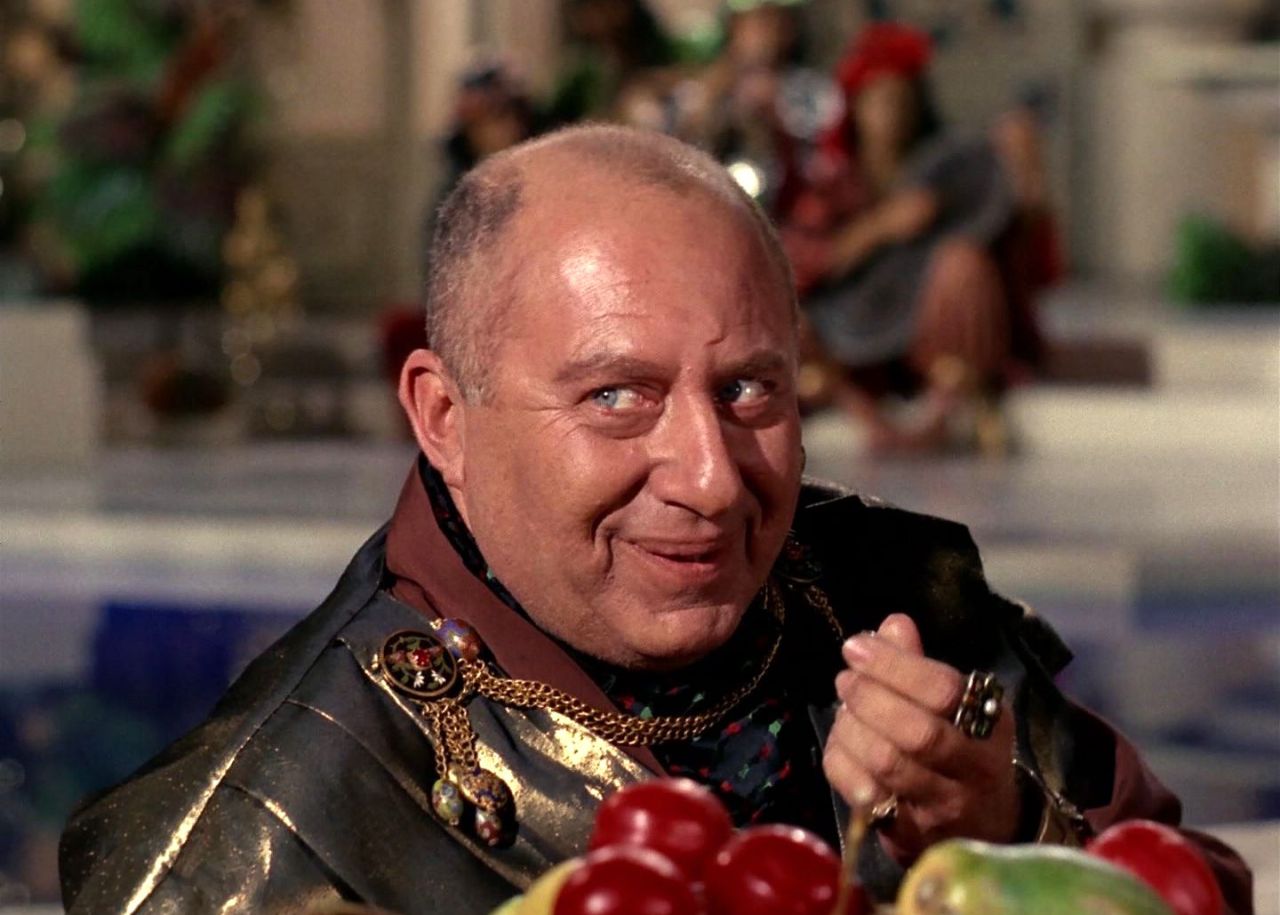To be fair, I guess it started with
Rogue One, but that was a side story set in the past. (It had more of an EU feel than
The Last Jedi.) Still, together they are a trend that will hopefully continue: the evolution of the Star Wars Universe.
Be warned, there will be minor spoilers here, though my definition of "minor" may not coincide with yours.
The Last Jedi is set both sequentially and script-wise to be the
Empire Strikes Back of the new trilogy. Not even considering the homages and fan service that link the two, they have a lot in common. Despite their victory in the previous film, the rebellion (or Resistance here) is on the run. Our protagonists are split up, and perusing different goals. New wrinkles are introduced that change the stakes or our protagonists understanding of the stakes. And, things happen that seem counter to what the first film set up.
Here is where
TLJ gets controversial because some of the apparent mysteries dangled by
The Force Awakens, come to naught here, rendered irrelevant. Who is Snoke? We may never know, and in the grand scheme of things, it doesn't appear to matter. He is another in what may be a long line of hubristic dark lords. Who are Rey's parents? The answer may surprise you, but only because you expect films of this sort to play out a certain way.
That gets to what is best about
TLJ: it subverts tropes of Star Wars-type narratives while staying firmly rooted in that universe. Here the hero doesn't always know better than their older, more staid superiors, the odds of a harebrain scheme are important sometimes, the war may not be so black and white, and colorful rogues don't always harbor a heart of gold. These plot points aren't merely subversion for subversion's sake, they mostly lead to character development: heroes get galvanized to greater action; heroes become leaders instead of loners.
Along the way, the usual Star Wars stuff occurs. Lightsabers blaze. Ships blow up. Daring escapes are made, as are tearjerking heroic sacrifices. TLJ never stops being a Star Wars movie, it just broadens a bit what it means to be one.
It's not perfect, of course. The trope subversion means some actions of the protagonists are sort of wheelspinning, and you may not find them engaging enough on their own to warrant their inclusion. Luke's arc from
RotJ to here maybe not sit well with everyone. It's believable, but perhaps less than ideal. Inter-Ressistance conflict may violate your view of Star Wars.
It's also saddled with the less than ideal choices made in the first film. How exactly the First Order came to such power is never clarified; in fact, this film doubles down on their puzzling rise. Captain Phasma got punked in
TFA, and she does here, too. The relationship of Snoke, Kylo Ren, and Rey, just means that scenes that resemble
ESB and
RotJ occur, upping the fan service feel. The humor is at a higher level than in the original trilogy, but not (yet) to Marvel Cinematic Universe level.
I'm not sure about this, but my suspicion is that if
TFA was everything you wanted in a Star Wars sequel, this film may frustrate you. If you haven't liked any film since
RotJ (and you're iffy on that one) then you probably won't like this one either, and really what the hell are you doing wasting your time with modern sequels? Down that road is only heartbreak. If neither of those apply to you, I say check it out.



